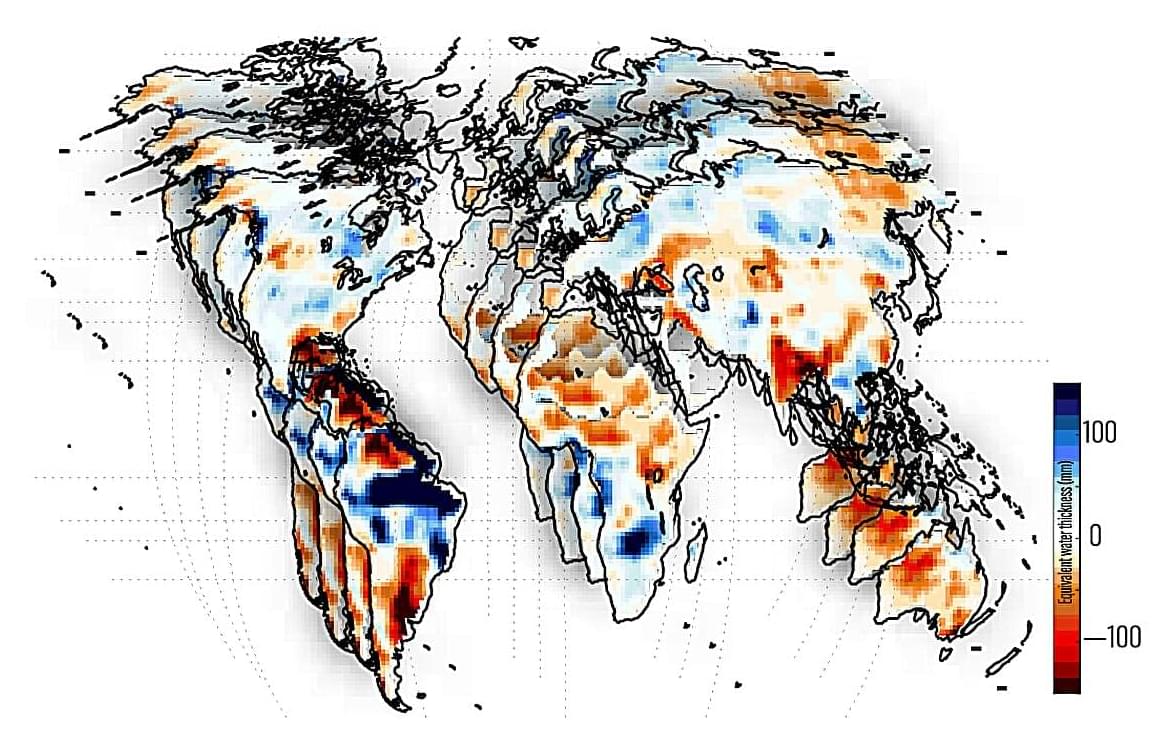The Age of Abundance: AGI Predictions and Investment Strategy for 2026 ## The imminent emergence of Artificial General Intelligence (AGI) will significantly impact investment strategies, and investors should prepare by accumulating valuable assets, diversifying their portfolios, and adopting a strategic investment approach to capitalize on the growth potential of AGI and the resulting Age of Abundance ##
## Questions to inspire discussion.
Investment Strategy.
🎯 Q: How should I build an investment portfolio for the AGI era? A: Focus on companies with best management and growth potential in AGI, robotics, and space industries using dollar-cost averaging strategy to systematically build positions over time rather than lump-sum investing.
💰 Q: What alternative assets should I accumulate for security during AGI transition? A: Accumulate gold, silver, and Bitcoin as modern safe havens to protect wealth during periods of change and uncertainty as traditional financial systems adapt to AGI disruption.
🏢 Q: Why should real estate be overweighted in an AGI-focused portfolio? A: Overweight real estate compared to company ownership and reserves because AGI and robotics industries will require physical space for operations, data centers, and manufacturing facilities.


